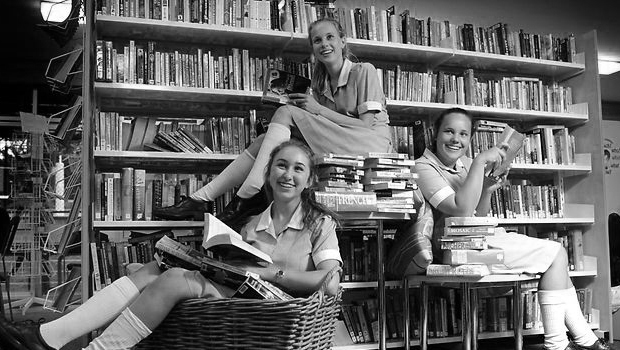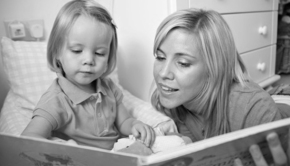The importance of reading for pleasure
Children who read for pleasure are likely to do significantly better at school than their peers, according to new research from the Institute of Education (IOE), based in the UK.
The IOE study, which is believed to be the first to examine the effect of reading for pleasure on cognitive development over time, found that children who read for pleasure made more progress in maths, vocabulary and spelling between the ages of 10 and 16 than those who rarely read.
The research was conducted by Dr Alice Sullivan and Matt Brown, who analysed the reading behaviour of approximately 6,000 young people being followed by the 1970 British Cohort Study, which is funded by the Economic and Social Research Council. They looked at how often the teenagers read during childhood and their test results in maths, vocabulary and spelling at ages 5, 10 and 16.
The researchers, who are based in the IOE’s Centre for Longitudinal Studies, compared children from the same social backgrounds who had achieved the same test scores as each other both at ages 5 and 10. They discovered that those who read books often at age 10 and more than once a week at age 16 gained higher results in all three tests at age 16 than those who read less regularly.
Perhaps surprisingly, reading for pleasure was found to be more important for children’s cognitive development between ages 10 and 16 than their parents’ level of education. The combined effect on children’s progress of reading books often, going to the library regularly and reading newspapers at 16 was four times greater than the advantage children gained from having a parent with a degree.
Children who were read to regularly by their parents at age 5 performed better in all three tests at age 16 than those who were not helped in this way.
Dr Sullivan notes that reading for pleasure had the strongest effect on children’s vocabulary development, but the impact on spelling and maths was still significant. “It may seem surprising that reading for pleasure would help to improve children’s maths scores,” she said. “But it is likely that strong reading ability will enable children to absorb and understand new information and affect their attainment in all subjects.”
Read the full article ‘Reading for pleasure puts children ahead in the classroom, study finds’ >>








